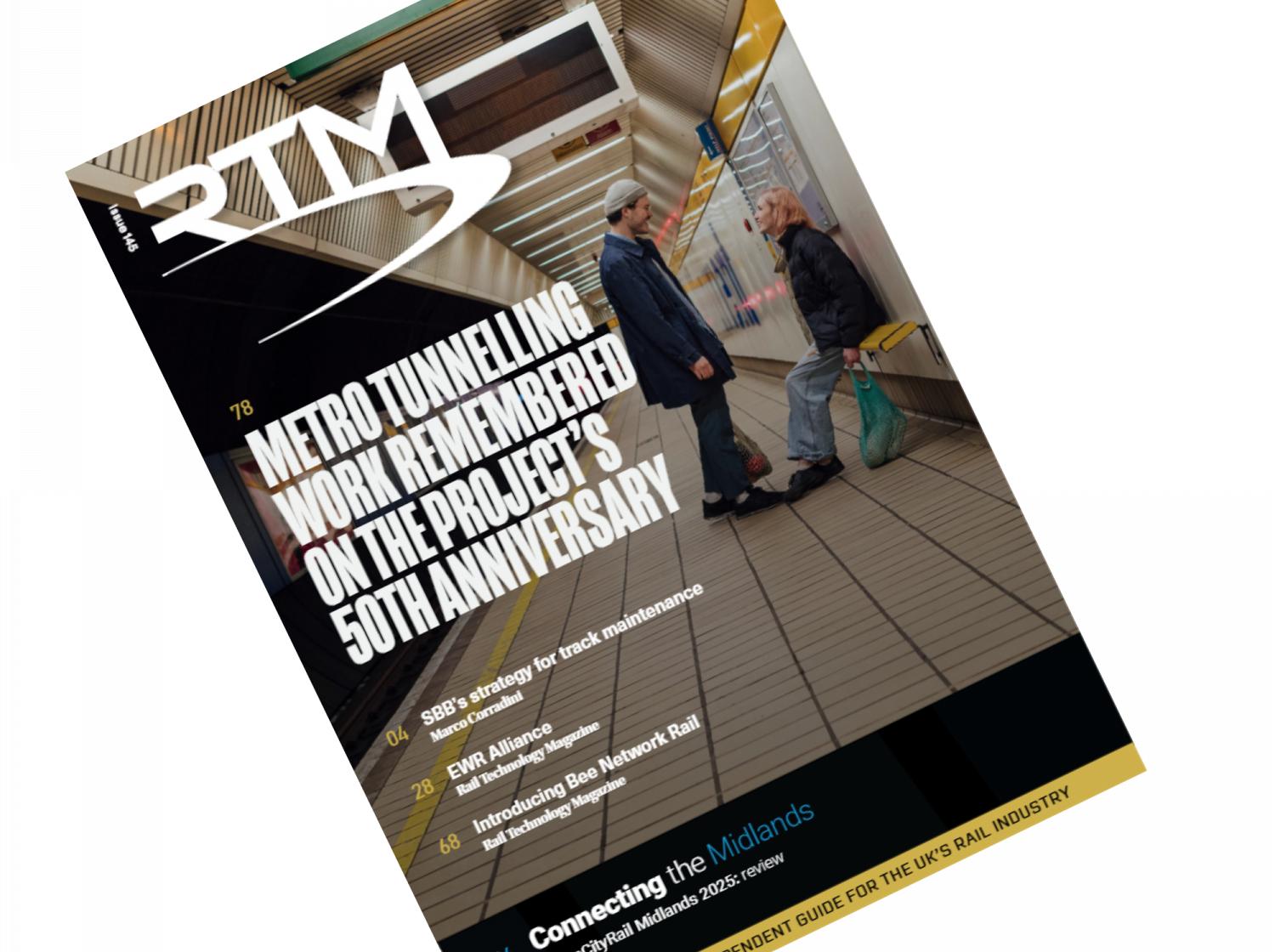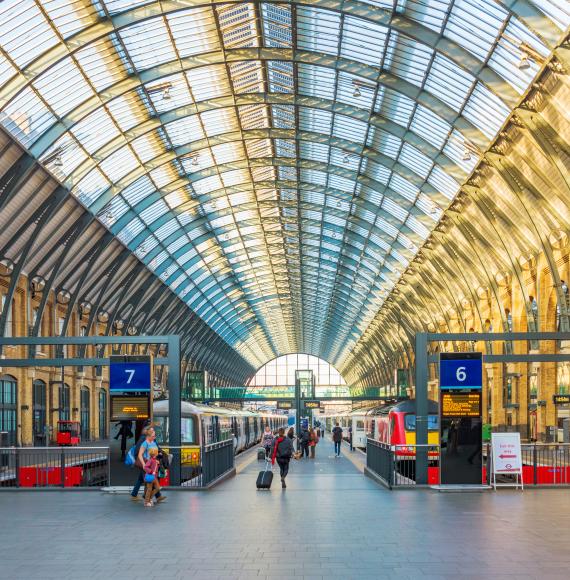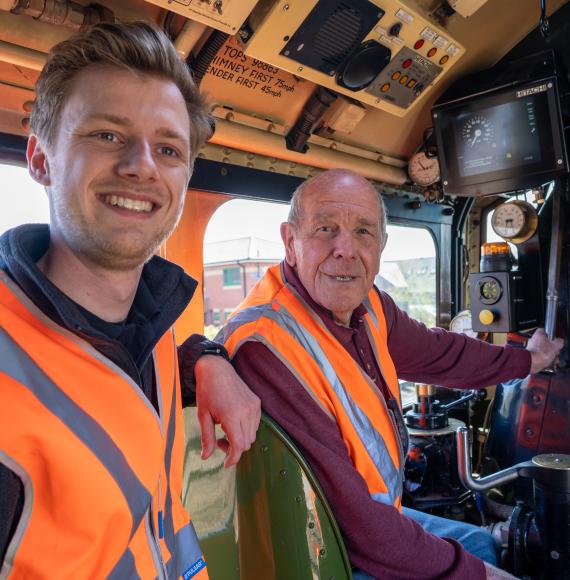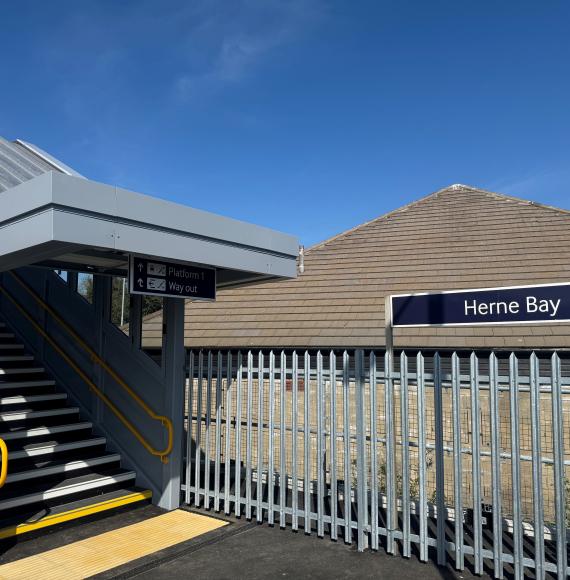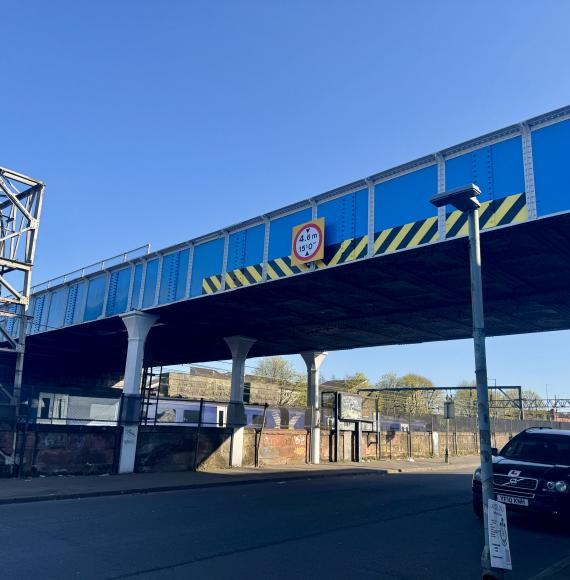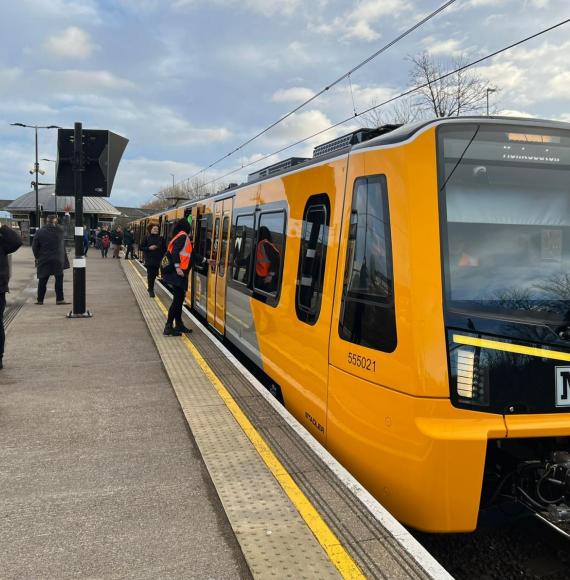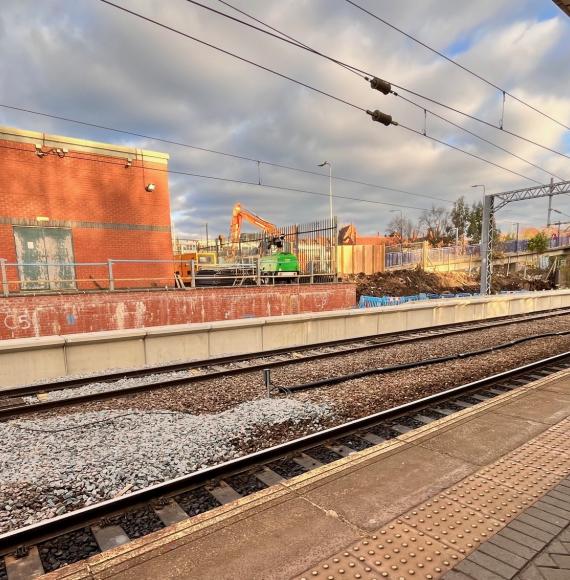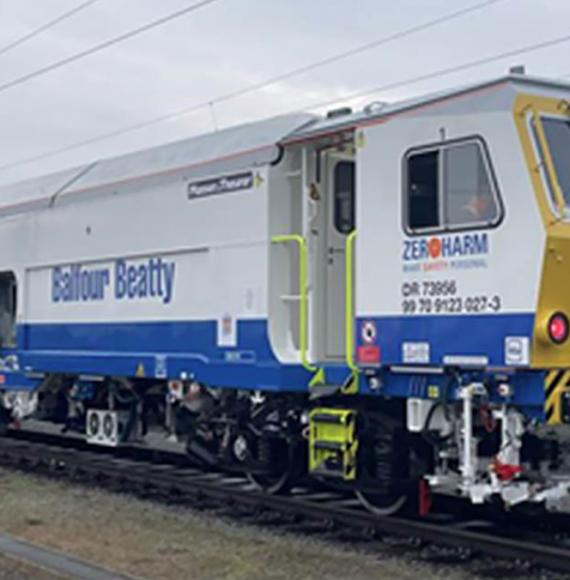Independent laboratory results show that Southern, Thameslink and Great Northern trains are testing negative for Covid-19 over three weeks after being treated with a long-lasting viruscide.
The UK’s largest operator, GTR, randomly nominated carriages from all eight of its train fleets up to 23 days after carriages were treated with the long-lasting viruscide.
Swabs were then taken from particular areas in the train that are frequently touched by passengers and staff, such as grab rails, tables, toilet handles, door buttons and the driver’s power-brake controllers which are in constant use.
The laboratory microbiological tests showed there was no presence of Covid-19 on any of the surfaces tested.
Since the early days of Covid-19 sweeping across the nation, GTR has been using Adenosine Triphosphate (ATP) testing to prove that its intensive cleaning regime is working, keeping microorganisms under control.
The long-lasting viruscide forms part of measures to keep passengers safe, that includes, across stations and trains:
- 100 extra cleaning staff at work: 40,000 extra labour hours in three months to enhance the cleanliness of our stations, trains and staff areas.
- All 2,700 carriages across Thameslink, Great Northern, Southern and Gatwick Express are sanitised overnight using specially-procured short-term anti-viral sprays, with a focus on touchpoints
- New techniques – high-pressure dry steam and microfibre units are used for enhanced cleaning. Bleach fogging is used for decontamination where someone has been confirmed as having Covid-19
Chief Operating Officer Steve White said: “We are carrying out a comprehensive testing regime of our trains to ensure that our customers can travel with confidence. Passengers can be reassured that the long-lasting viruscide we’re using, more than 100 extra cleaners and hospital-grade cleaning products are working. Please follow the government advice and wear a face covering.”

Images: Govia Thameslink Railway



